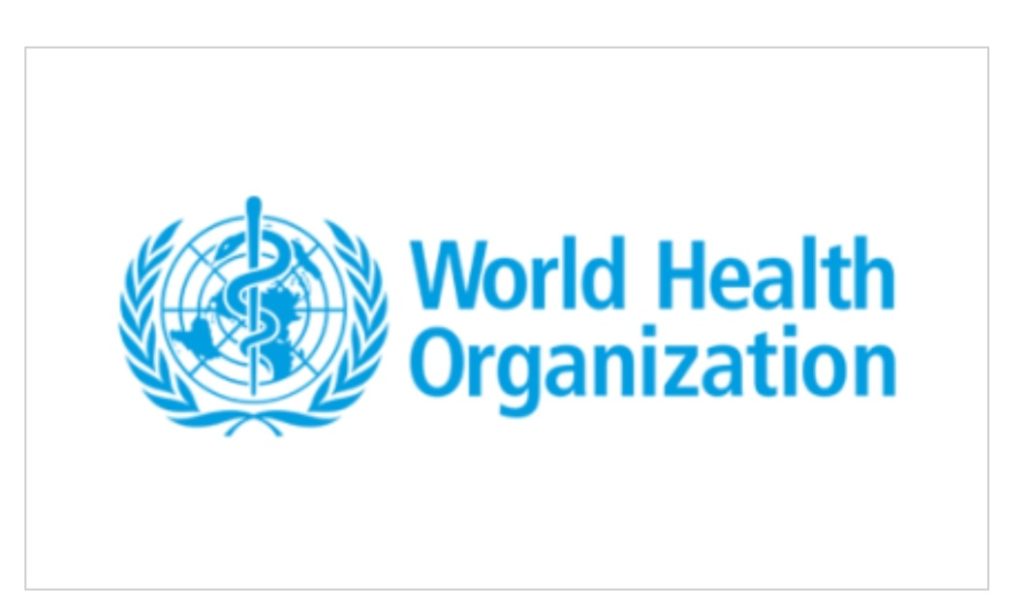
The World Health Organisation (WHO) is raising a red flag about a serious but often overlooked health problem: loneliness. According to a new report, loneliness is not just an emotional issue—it is now a growing global health threat that can cause illness, early death, and even worsen poverty. Nigeria, with its social and economic struggles, is especially at risk.
Here’s what you need to know—explained in simple terms.
What Is Loneliness?
Loneliness is when a person feels disconnected or isolated from others, even if they are around people. It’s more than just being alone. It’s about not having meaningful relationships or enough social contact to feel supported and understood.
How Big Is the Problem?
Between 2014 and 2023, about 1 in 6 people around the world experienced loneliness. That’s 16% of the global population. But the numbers are even worse among certain groups:
Teenagers (13–17 years): 20.9% feel lonely
Young adults (18–29 years): 17.4%
Low-income countries: 24.3%
Countries like Nigeria (lower-middle income): 19.3%
And it’s not just about how people feel. Loneliness is now linked to 871,000 deaths every year—a number expected to rise unless action is taken.
Health Risks of Loneliness
Loneliness is dangerous for your body and mind. It can lead to:
Heart disease
Stroke
Type 2 diabetes
Mental health problems like depression, anxiety, and suicidal thoughts
Memory loss and dementia
Higher risk of Alzheimer’s disease
Why Nigeria Is Especially at Risk
Nigeria faces many challenges that make people more vulnerable to loneliness:
Poverty and Migration: About 75.5% of rural Nigerians live in poverty, and many move to cities like Lagos and Abuja in search of better opportunities. In doing so, they often leave behind their families and community support.
Loss of Community: Traditional support systems are fading. Extended families are breaking apart, and more people are living in smaller, isolated homes, especially in cities.
Youth Disconnection: Many young Nigerians feel disconnected from religious or community groups that used to give people a sense of belonging.
Unemployment: With high rates of joblessness, people are left idle, disconnected, and emotionally stressed.
Social Media: While people are more “connected” online, spending too much time on social media can make loneliness worse. Many online platforms do not encourage real friendships or meaningful relationships.
Why It Matters
The WHO says that if we want healthier societies, we must rebuild human connections. Strong social ties make people happier, live longer, and help communities function better.
Even small actions, like saying a kind word, smiling at someone, or having a good conversation, can make a big difference.
What Can Be Done?
- Individuals:
Join hobby or volunteer groups
Reconnect with friends and family
Spend time in nature or do activities you enjoy
Practice self-care, meditation, or positive thinking
- Communities:
Improve social spaces like parks, libraries, and transport
Create public areas that bring people together
Offer more programmes that help people meet and connect
- Non-Governmental Organisations (NGOs):
Run campaigns to raise awareness
Support people in building social ties
Partner with government to influence social policies
- Government:
At the recent World Health Assembly, WHO urged countries to make social connection a part of national health policies. So far, only eight countries (including the U.S. and U.K.) have done this. Sadly, Nigeria is not yet on the list.
As Africa’s biggest economy and most populous nation, Nigeria should lead by:
Creating national strategies to reduce loneliness
Funding social support systems
Building infrastructure that connects people, not isolates them
Final Thoughts
The WHO has clearly shown that loneliness is not just a personal issue, it is a public health emergency. The good news? It can be fixed, but only if individuals, communities, and the government work together.
Now is the time for Nigeria to act. Ignoring loneliness today means paying a high price tomorrow, in poor health, weak communities, and lost lives.